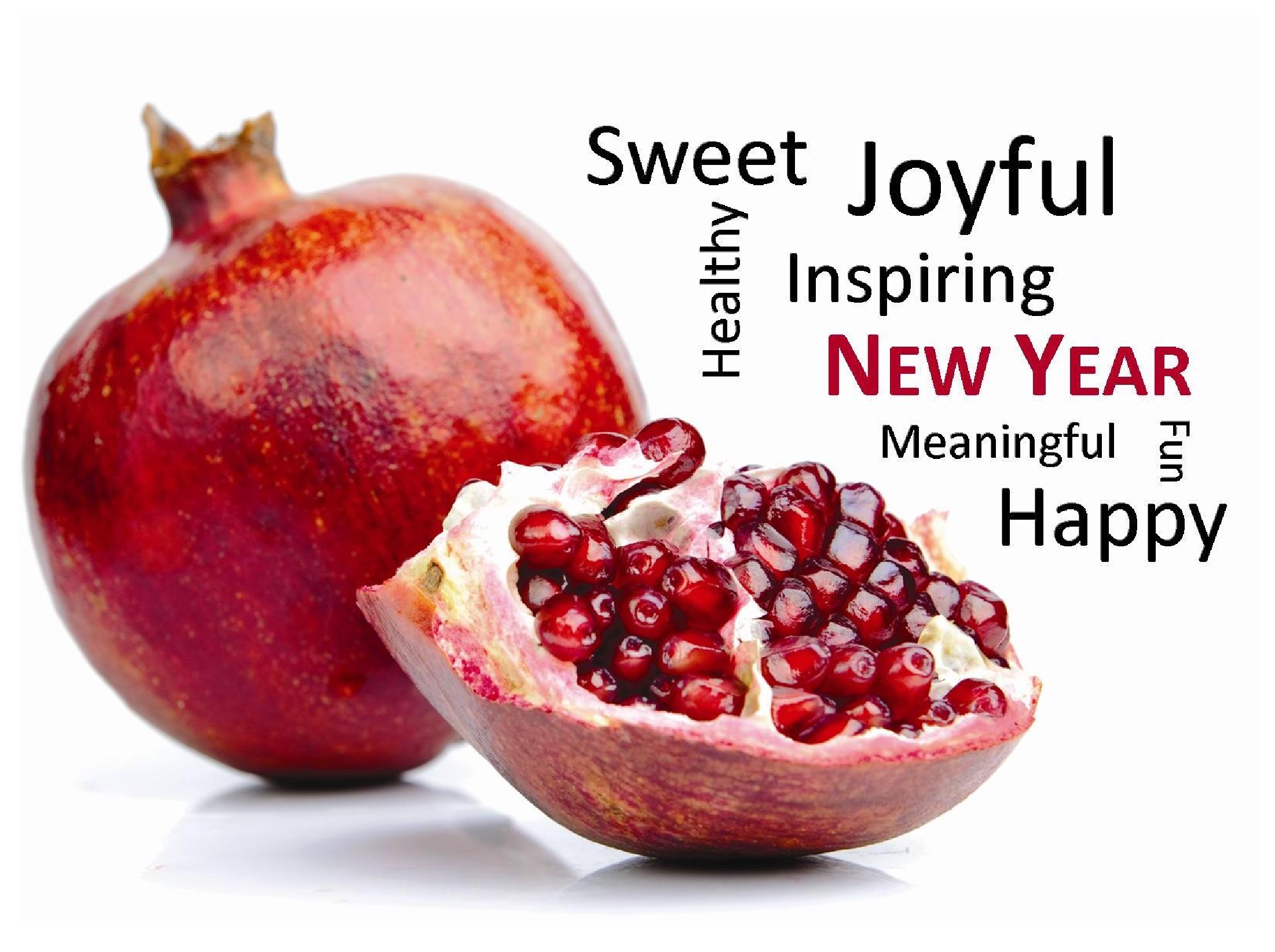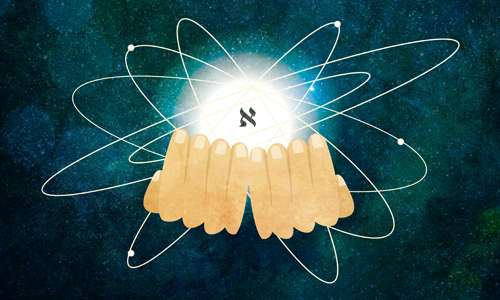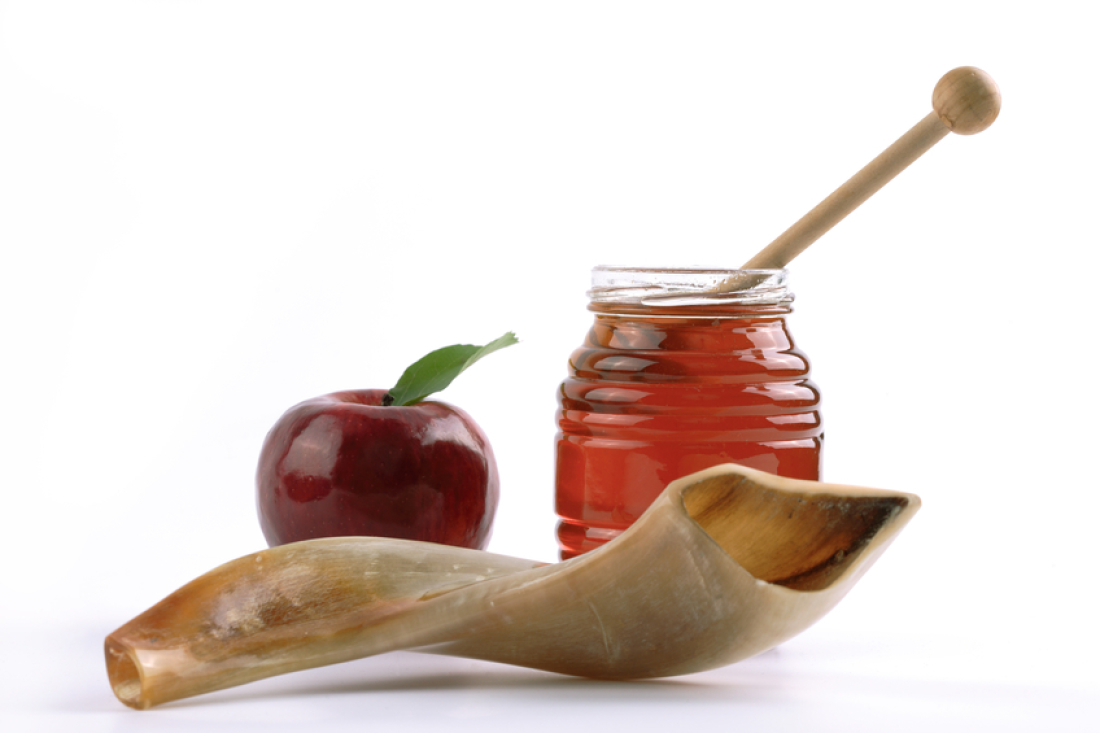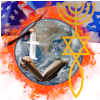Rosh Hashanah / Feast of Trumpetswith Information from
 The Feast of Trumpets (Rosh Hashanah) is the Jewish New Year, and begins the high Holy Days in the seventh month (corresponding to September or October). It is a celebration of the spiritual birthday of the world or creation, and is celebrated with blowing of the trumpets (Lev. 23:23-25). The Feast of Trumpets is a powerful prophetic look at the final days and Messiah’s return. Jewish eschatology teaches that on the Day of Atonement after six thousand years are complete, the Day of the Lord will come. On that day the shofar will sound and the righteous will be resurrected (Rev. 3:7-11). The Feast of Trumpets (Rosh Hashanah) is the Jewish New Year, and begins the high Holy Days in the seventh month (corresponding to September or October). It is a celebration of the spiritual birthday of the world or creation, and is celebrated with blowing of the trumpets (Lev. 23:23-25). The Feast of Trumpets is a powerful prophetic look at the final days and Messiah’s return. Jewish eschatology teaches that on the Day of Atonement after six thousand years are complete, the Day of the Lord will come. On that day the shofar will sound and the righteous will be resurrected (Rev. 3:7-11).
Why Rosh Hashanah Is ImportantThe Jewish New Year, Rosh Hashanah actually means “Head of the Year.” Just like the head controls the body, our actions on Rosh Hashanah have a tremendous impact on the rest of the year. As we read in the Rosh Hashanah prayers, each year on this day “all inhabitants of the world pass before G‑d like a flock of sheep,” and it is decreed in the heavenly court “who shall live, and who shall die ... who shall be impoverished and who shall be enriched; who shall fall and who shall rise.”  It is a day of prayer, a time to ask the Almighty to grant us a year of peace, prosperity and blessing. But it is also a joyous day when we proclaim G‑d King of the Universe. The Kabbalists teach that the continued existence of the universe depends on G‑d’s desire for a world, a desire that is renewed when we accept His kingship anew each year on Rosh Hashanah. It is a day of prayer, a time to ask the Almighty to grant us a year of peace, prosperity and blessing. But it is also a joyous day when we proclaim G‑d King of the Universe. The Kabbalists teach that the continued existence of the universe depends on G‑d’s desire for a world, a desire that is renewed when we accept His kingship anew each year on Rosh Hashanah.
Feast of Trumpets (Yom Teruah; Rosh Hashannah)Again the Lord spoke to Moses, saying, “Speak to the sons of Israel, saying, ‘In the seventh month on the first of the month you shall have a rest, a reminder by blowing of trumpets, a holy convocation. You shall not do any laborious work, but you shall present an offering by fire to the Lord’” (Leviticus 23:23-25).Leviticus 23:23 begins with the words “Again the Lord spoke to Moses …” and, therefore, indicates the start of a new section. Following this verse are the commands concerning the holidays of the fall season. The first of these occurs on the first day of the seventh month of the religious calendar. To the ancient Hebrew authors this was the month of Ethanim. In the modern calendar, the month is called Tishri. The holy day is designated as “a rest, a reminder by blowing of trumpets.” The phrase “blowing of trumpets” translates the Hebrew word “teruah.” The word is loosely like the English word “fanfare.” Like “fanfare,” “teruah” has an association with the sound of a trumpet, but really means those things for which we might sound a trumpet: to alert, to call to battle, to announce the arrival of a king, etc. In the case of this holiday, the trumpets announce the coming of the holidays to follow. The holidays that follow, therefore, are incredibly important. Perhaps, it is better to say that you did not want to be found unprepared when their day arrived. As the Boy Scouts say, “Be prepared!” The Jews begin blowing ram’s horns (shofars) in their synagogues in the sixth month (Elul) and continue up to the Day of Atonement. The trumpets remind the people that the Day of Atonement is approaching. It is a time to reflect on the year and the state of your character and your relationship to God. Then, on the first day of the seventh month (Rosh Hashanah), there is a special service that features an elaborate ceremony of trumpet blowing. The trumpets remind the Jews of at least eight things:
 As the spring holy days spoke of the first coming of Messiah, so we can begin to see that the fall holidays speak of His return. This is seen by the consistent imagery of trumpets in the New Testament. And He will send forth His angels with A GREAT TRUMPET and THEY WILL GATHER TOGETHER His elect from the four winds, from one end of the sky to the other (Matthew 24:31). … in a moment, in the twinkling of an eye, at the last trumpet; for the trumpet will sound, and the dead will be raised imperishable, and we will be changed (1 Corinthians 15:52). For the Lord Himself will descend from heaven with a shout, with the voice of the archangel and with the trumpet of God, and the dead in Christ will rise first (1 Thessalonians 4:16). And the seven angels who had the seven trumpets prepared themselves to sound them (Revelation 8:6). The rest of mankind, who were not killed by these plagues, did not repent of the works of their hands, so as not to worship demons, and the idols of gold and of silver and of brass and of stone and of wood, which can neither see nor hear nor walk; and they did not repent of their murders nor of their sorceries nor of their immorality nor of their thefts (Revelation 9:20, 21). The first three verses above have direct correspondence to the final trumpet sounded on the eve of the Day of Atonement. The next two (Revelation 8:6 and 9:20, 21) have clear association with the trumpets announcing the coming of the Day. Like the trumpets that announce the Lord as King over His creation, so trumpets announce the coming of Messiah as King. Like the trumpets that announce the Jubilee Year and freedom to slaves, so trumpets announce the translation of our corruptible flesh into incorruptible new bodies. As the trumpets sounded before the Day of Atonement call the Jews to repentance, so these trumpets call all of mankind to repent before the terrible Day of the Lord. The seven trumpets in Revelation, like the shofars that sound in the synagogues, are a call to the earth to repent. Consequently, we have the significance of Revelation 9:20, 21: The trumpets have sounded and the world has not repented. The Bowl Judgments, containing the Wrath of God, may now be poured on the earth. In short, the trumpets announce the coming of the King. As such, they call for the people of God to prepare their hearts for His coming. As Jesus has said, He wants to come and find us at our posts. For the lost, the trumpets call for repentance. Failing repentance, the trumpets announce the coming Judgment of God. Consequently, the next holy day will be, for each person, either a Day of Atonement or the Day of Judgment. |

Note: EWCMI does not underwrite, support, and does not receive any payment from the advertisements at TuneIn.
| (c) EWCMI 2009-2023 | Terms of Use | ||
| All Donations, Seeds, and Tithes to Eagle Wings Charismatic Ministries International are tax deductible per the Internal Revenue Code 501(c)(3) Public Charity Status 170(b)(1)(A)(i) DLN 17053243329039 | |||
 |
|||
























